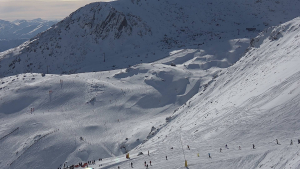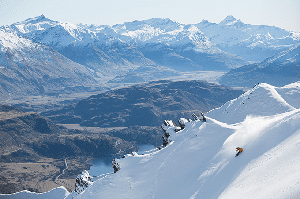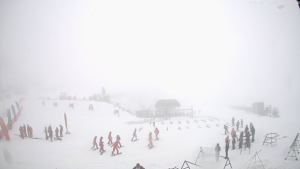Video: Racha – A Backcountry Trip in Georgia’s Caucasus Mountains
Mountainwatch | Video
For filmmaker Andrew Hardy and photographer Jack Arthur a standard ski trip one of the 100s of worthwhile destinations in the world doesn’t fulfil their sense of adventure, so they decided to look further afield. They wanted to travel to a region off the beaten track, one with good terrain, reliable snow where they could experience a different culture and produce a film documenting the trip.
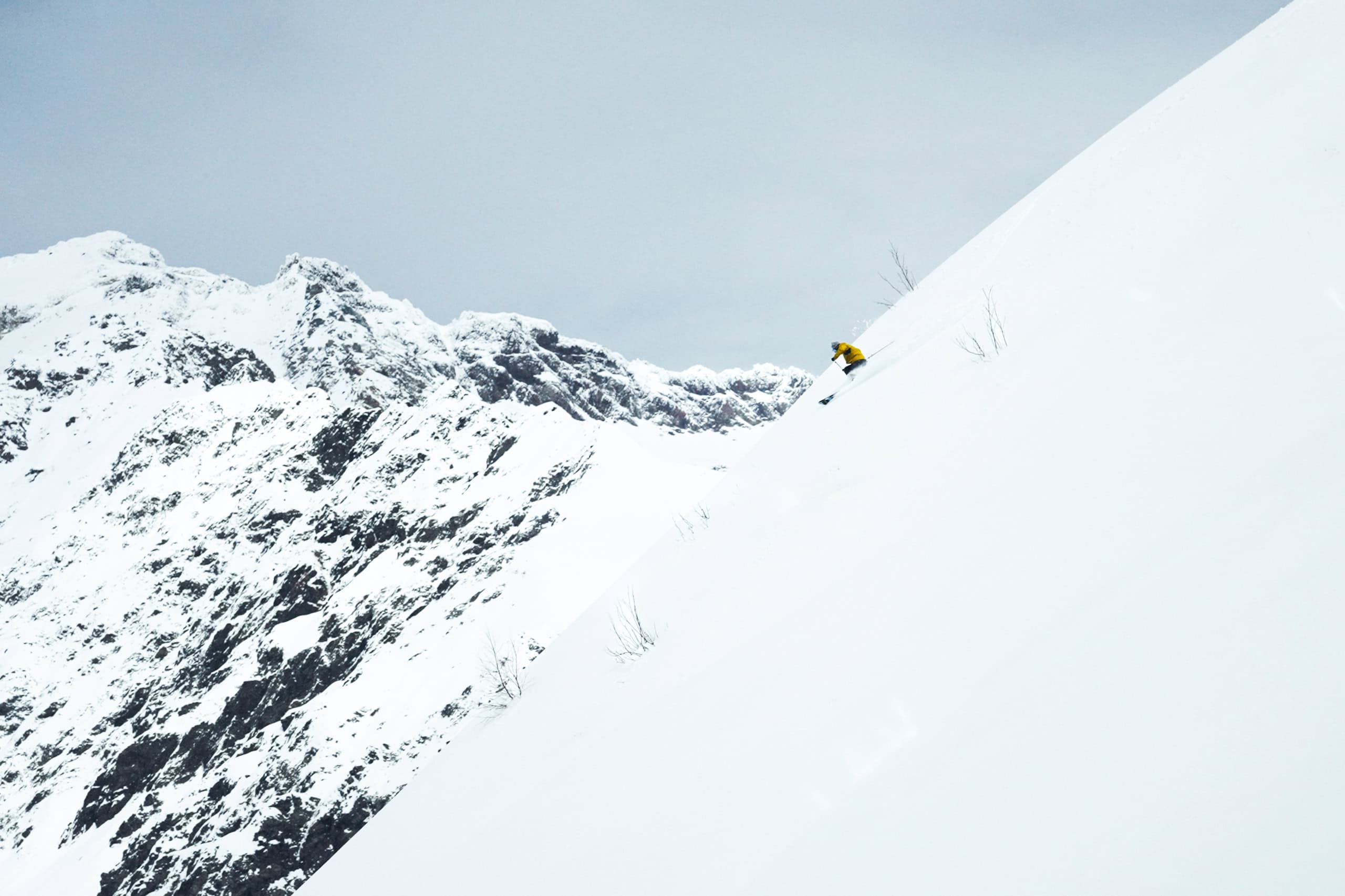
They decided a backcountry ski trip to the Racha Range in Georgia’s Caucasus Mountains more than meets that criteria, so they travelled across the world to spend six nights in an old Soviet-era hut. The hut is surrounded by “untouched snowfields, towering peaks, and peaceful valleys, everything you need for fun and adventure, but with geopolitical tensions high in the surrounding areas, the trip took on a more serious tone.
Bert Seaton caught up with Jack for a quick chat about trip and what he discovered along the way.
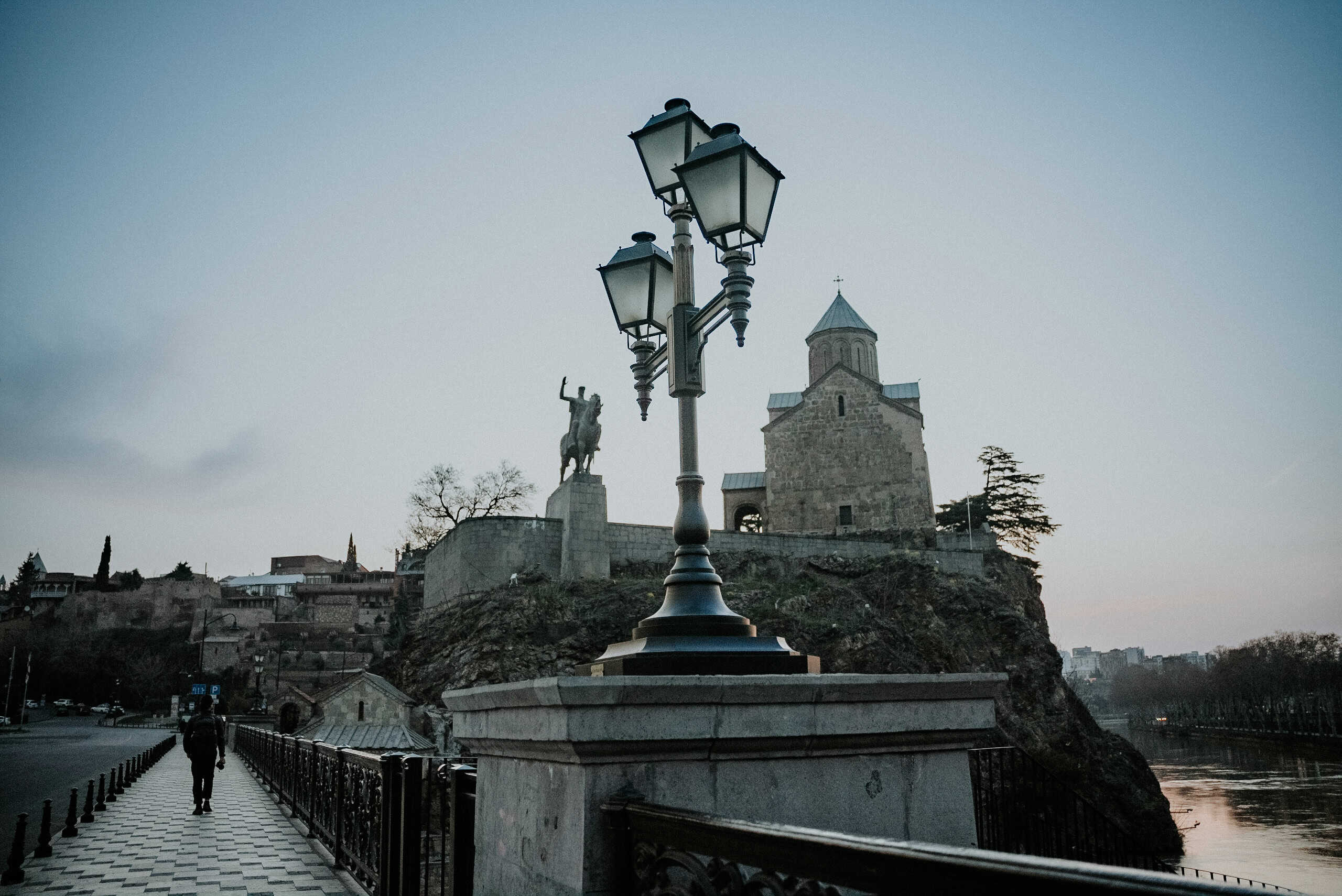
Georgia is a long way from Australia. How was the trip and what were your first impressions?
Racha is in Georgia, a small Eastern European country south of Russia. We flew to the capital [Tbilisi], and after a big layover in Dubai, we were there. I expected more Soviet Union grunge, with big concrete buildings, but it ended up being quite a historic European setup – turns out Georgia is one of the one of the oldest civilisations in the area, with a rich history before Soviet influence.
Was it a mission getting to the mountains? The Racha range is a long haul from the capital.
Our guides picked us up from Tbilisi in a four-wheel drive Delica van, and all of us crammed in, putting our board and ski bags on the roof. We cruised through the countryside, through various wine regions (wine is huge in Georgian culture), and naturally, we stopped off at a winery and grabbed five litres of amber wine to take into the backcountry. We drove the whole day and stopped at these cool huts that our guide Tamta called, ‘Babushka stops’ which are stopovers on the side of the road where they cook traditional meals. The drive kept getting more and more remote, and eventually we came into this tiny rural town called Ghebi at the base of the mountains, and from there we hiked eight hours to the hut.
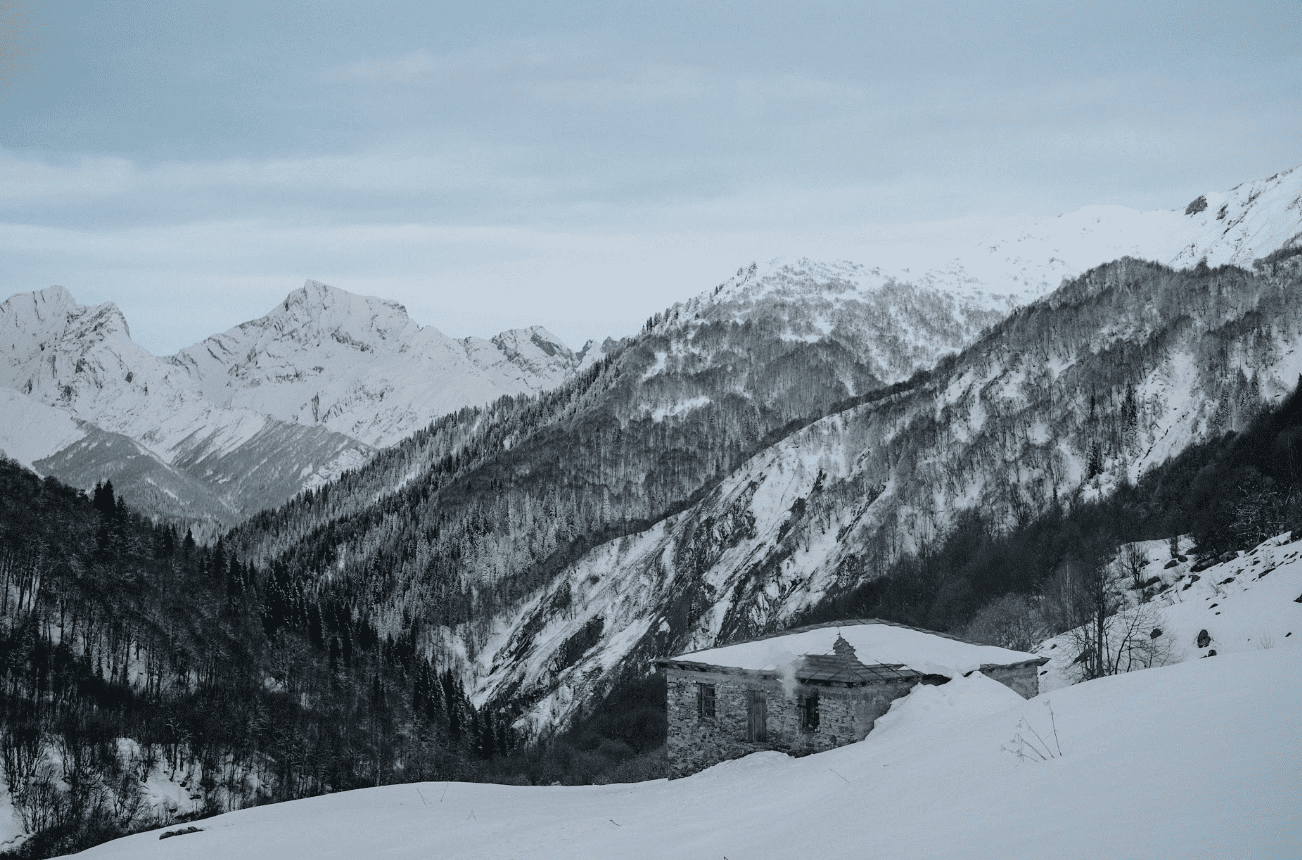
An eight-hour hike – so obviously pretty isolated, no phone, no internet, no connection to home. How’d you adjust to that?
On the first day I was caught up in what I’d left behind, like, “what have I missed for work… what am I doing?” and then we settled into this nice rhythm of focusing on nothing. Waking up, making coffee, cooking food, collecting water, chopping firewood, looking at the map of where to ski for the day, and for Andy and me, we were thinking about taking photos – and occasionally throwing down some amber wine and shots of Cha/Cha [a wine-based spirit]. But yeah, we settled into this slow mountain pace that follows the sun – because once the sun’s down you’ve got nothing to do, so it gives you a reason to go to bed and then a reason to wake up.
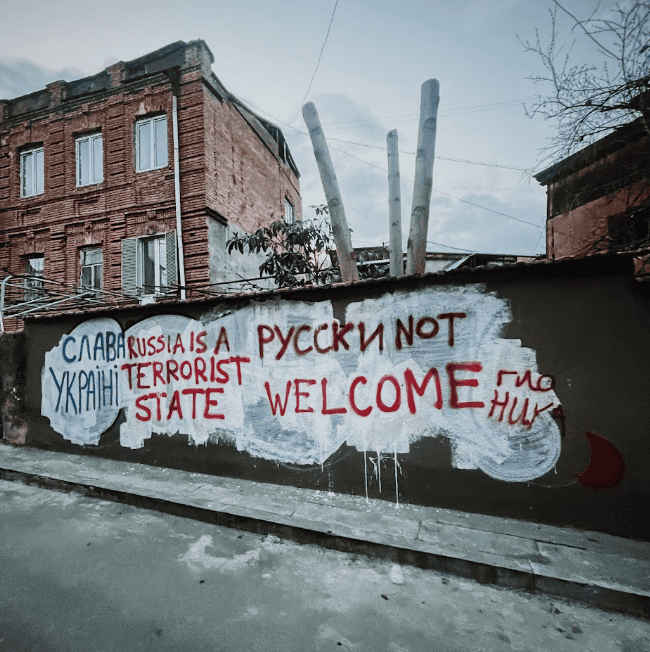
The Ukraine war has made that part of the world pretty unstable and Georgia has had its own experience with war with Russia. What was the feeling in Georgia, with the locals you spent time with, toward Ukraine and what is happening now?
You hear about the Ukraine war, but until I got to Georgia it just felt like a news item. As soon as we arrived in Tbilisi though, there were Ukrainian flags everywhere, every coffee shop had a flag hanging, they may even have a statement on their door saying, “don’t come in if you support Russia” … Then going to one of the ski towns and meeting some local ‘snow bums’ was interesting. In Australia ‘snow bums’ don’t usually have much to care about – they’re just partying and skiing and stuff, which is a cool lifestyle, but these people were highly involved in politics in their country (out of necessity).
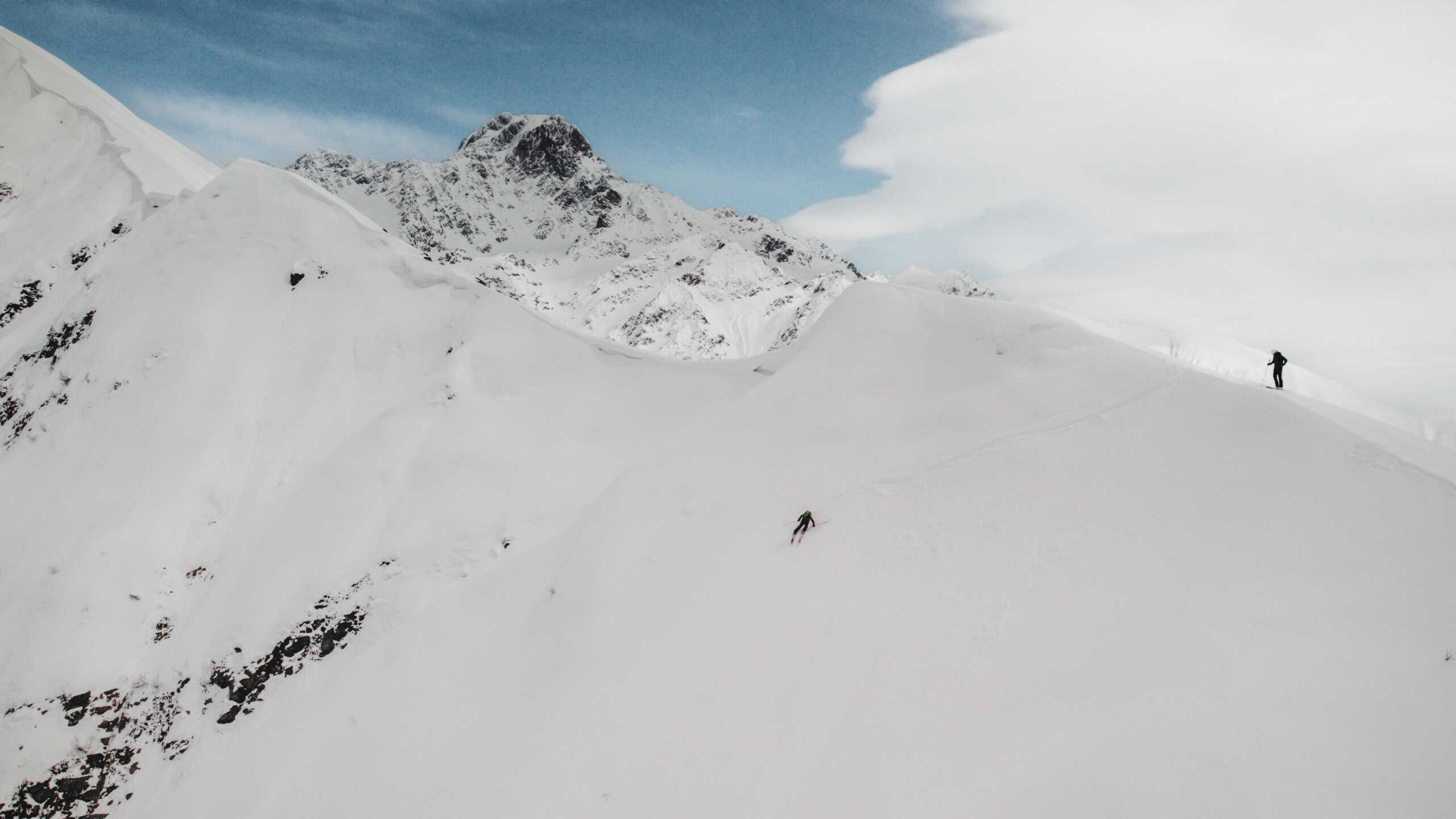
One of the guides, who would usually have guided us, was away fighting in Ukraine – it impacted his life enough for him to go and fight in an army, so that was confronting. And the head ski guide Luka, he grew up going to these mountain regions with his father, but he can’t go to them anymore, because they’re now occupied by Russia. He loves the mountains, it’s part of his identity, so it had this personal impact that I don’t know how to describe. It wasn’t like being back in Australia where you just read the news and go, “oh, I’m educated, I’m upset with what’s happened in the world”, to these guys it impacts their lives.
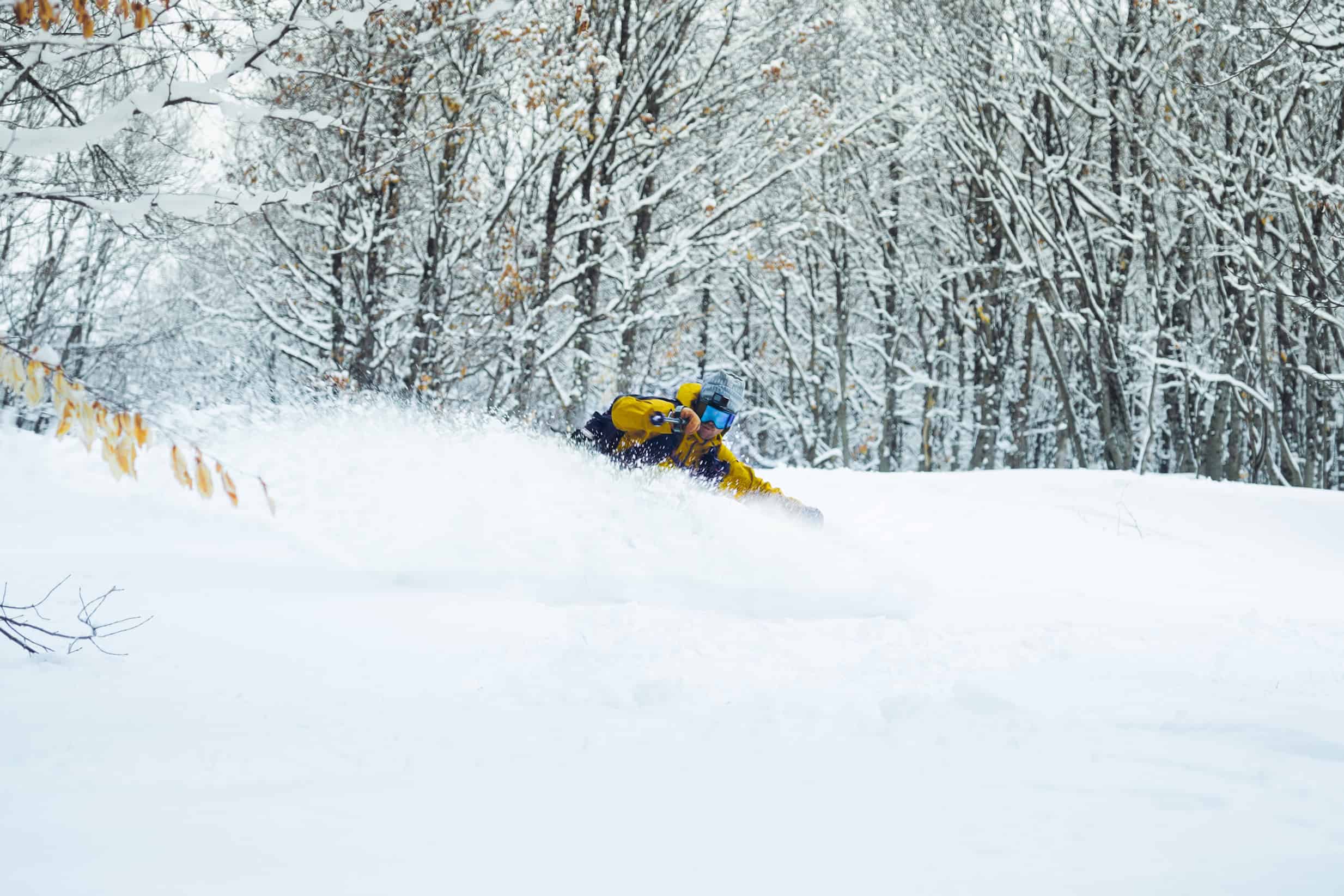
In the film you guys made about the trip, you mention that the skiing felt insignificant. But it seems like this trip, and the skiing, gave you a better understanding of the bigger picture.
Yeah, well you ski around and you’re in the mountains and it’s great, but you feel silly because these people are dealing with real stuff. You’re often reminded by bits of conversation about some protest or the fact that someone’s lost land. So, it felt silly that we were just skiing around, but… also cool, because the skiing is what brought all of us together. That’s why we ended up finding out about these people’s lives. Without that we’d just have jumped on the tourist train and cruised around without this experience. By doing something we’re passionate about, we ended up in a situation where we were able to become closer with people. We got this real experience from real Georgians about what’s happening and how they feel about it.
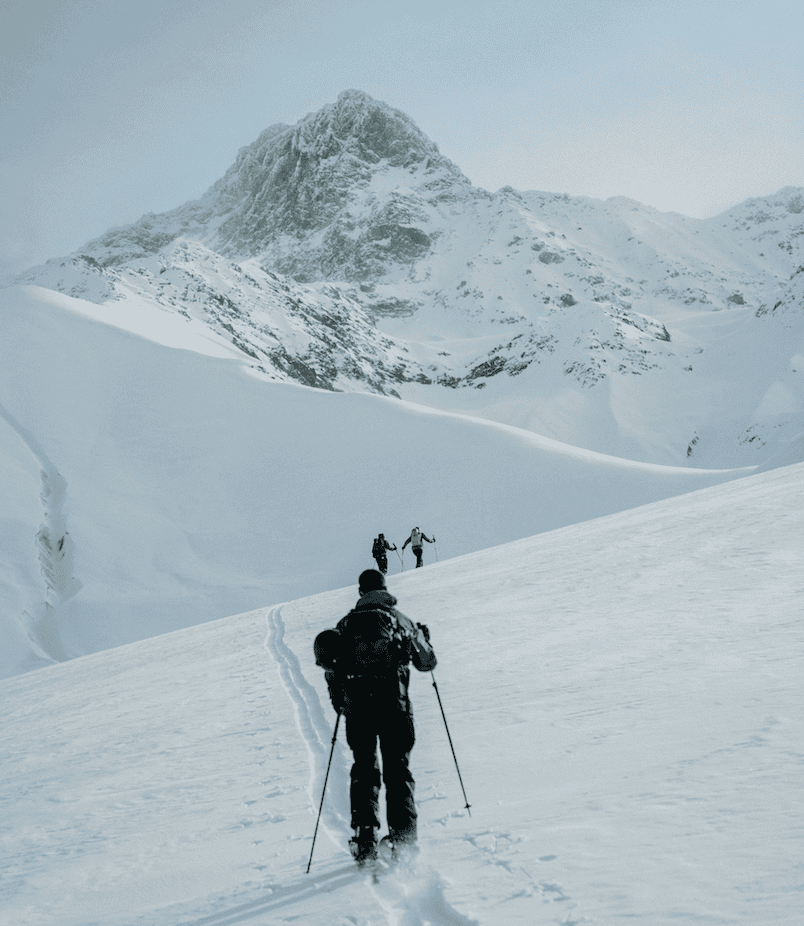
Racha – A film by Andy Hardy
Cinematography and editor – Andy Hardy
2nd camera and photography – Jack Arthur
Intro script written by Bert Seaton
Guiding Company – Snow Vigil
Music source – The Music Bed
